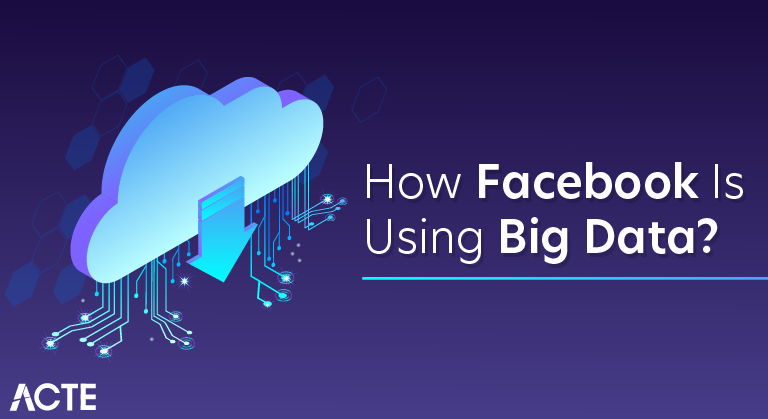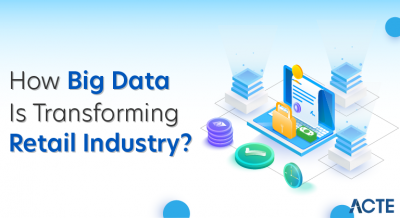
Facebook – it’s the world’s biggest social network by a huge margin, and most of us are used to using it to share details of our everyday lives with our friends and families. It’s no secret now that we’re also sharing it with their advertisers and that hasn’t put most of us off using it! So here’s a brief rundown of how Facebook has been one of the most successful companies in the world at gathering our data and turning it into profit – and why some think its business practices sometimes overstep the mark.
Facebook Tries To Alter Our Moods
In the last week, Facebook has been causing a stir amongst those interested in online privacy and data protection. The latest accusations are that it has been carrying out unethical psychological research – effectively experimenting on its users without their permission. In their experiment Facebook has shown that it can alter people’s moods by showing them specific posts with either a positive or negative vibe, and then measuring their response. This is scary stuff – a social network so powerful that it can alter the mood of their users. But the big outcry was about the way Facebook did the experiment but that was breaking several ethical guidelines.
The truth though, is that Facebook (and the internet at large) is making its own rules as it goes along. Putting 1.25 billion people – that’s getting on for one fifth of the world’s population – within a mouse click of each other was always going to have far reaching consequences. And with hindsight it was a bit silly to have ever expected it to be manageable within established social and legal boundaries.
Of course those of us who love social media believe the potential benefits far outweigh the hazards. Putting aside how much easier it makes keeping in touch with our friends and family, there’s clearly a lot to be learned from studying the data generated during that communication. And gathering data from us is the foundation of Facebook’s business model.
Selling Your Data To Advertisers
Don’t forget – although it now seems to be dipping its toes into psychological experiments, Facebook’s main motivation for collecting and analyzing our data has always been to sell us adverts.
Advertisers benefit from highly detailed profiles users build up over time as they use the site – meaning their messages can be targeted precisely at “women over 40 who love science fiction books” or “men under 25 living in New York who love baseball”.
The huge and speedy success of Facebook was prompted by its simple interface and, somewhat ironically given how things have developed, emphasis on user privacy. This helped it quickly become more popular than other early social networks such as Myspace and Bebo. But with hindsight, it’s clear to see it was always gunning for bigger targets.
Facebook vs. Google
A big difference between Google and Facebook is that Google’s information on who we are is often a “best guess” based on what sites we are visiting and what search terms we are using. From the start, Facebook explicitly asks us who we are, where we live and what we are interested in. Yes, Google eventually started to do the same with Google+, but by then, they were simply playing catch-up. Advertisers clearly value this direct approach – ad revenues at Facebook grew by 129% from 2011 to 2013, compared to 49% at Google during the same period.
Growing Through Acquisitions
Like Google and all of the other big tech firms, buying up smaller firms to make use of their IP and, crucially, the data from their user base, is a core business strategy. Notable acquisitions have included Instagram and Whatsapp, both of which came with existing communities of millions of users to add to Facebook’s own. Interestingly, their recent highest profile purchase was the makers of the upcoming Oculus Rift virtual reality headset. They are clearly thinking ahead to a time when we may be looking for more convenient methods than existing screens offer to view our data.
Privacy Concerns With Facebook
Facebook has always said that the privacy worries this causes are addressed by the fact that all information is shared with our permission and anonymized when sold for marketing purposes. That hasn’t stopped a lot of critics taking issue with their practices though. For example, many say that the privacy settings are too complex or not clearly explained, meaning it is too easy for people to share things they didn’t mean to. Facebook have tried to fix this several times over the years – often confusing people who had got used to the way things were!
Another feature which caused concern when it was introduced was facial recognition. When you upload a picture, you might see suggestions for people you could tag on it. This is based on analysis of the picture data, which is compared against pictures of people in your Friends list, and prompted an investigation by EU privacy regulators in 2011.
The Latest Big Data Analytics At Facebook
More recently, changes to the way its users’ habits are monitored have caused more concerns. Its latest monitoring tools record everything from how long a user “hovers” their cursor over certain parts of the page to what websites they visit outside of Facebook. Last month it announced that this information is being used in their algorithms that determine which adverts to show us.
Facebook’s data strategy is led by its Data Science team – who have their own page, of course, which you can see here. They regularly post updates on insights they have gleaned from analyzing the habits of the millions who browse the site.
For example, the team has developed ways to safely predict the intelligence of users, their political views, even their emotional stability. They are also able to predict weeks before it is actually happening, that a user will change their relationship status from ‘single’ to ‘in a relationship’.
This is all helping Facebook to sell ever-more targeted adverts – which you could argue is not such a bad thing. At least you are seeing adverts for things you are actually interested in. However, the concern that comes to mind is how governments could potentially use this information (especially in places that haven’t got functioning democracies). Could they use Facebook to find the people opposed to their views and even manipulate their moods?
Deleting Your Facebook Profile
Some are starting to get so concerned that they are leaving Facebook altogether. And for those, at least it is now possible to delete your data permanently, if you don’t want Facebook to have access to it any more. Before 2010 you couldn’t even really delete your account – although you could remove your profile, everything was kept on their servers for an unspecified amount of time, for unspecified purposes. The outcry when this was discovered prompted Facebook to add the ability to erase yourself completely.
Overall I think that a lot of the problems caused by Facebook are a symptom of its enormous success. Regulators and lawmakers have shown themselves to be slow to get to grips with the revolution it (and other social media) have brought to the way we communicate with each other, day to day. And, as with Google, it seems like there are more than enough people who think the problems are worth putting up with, for the convenience it brings.





